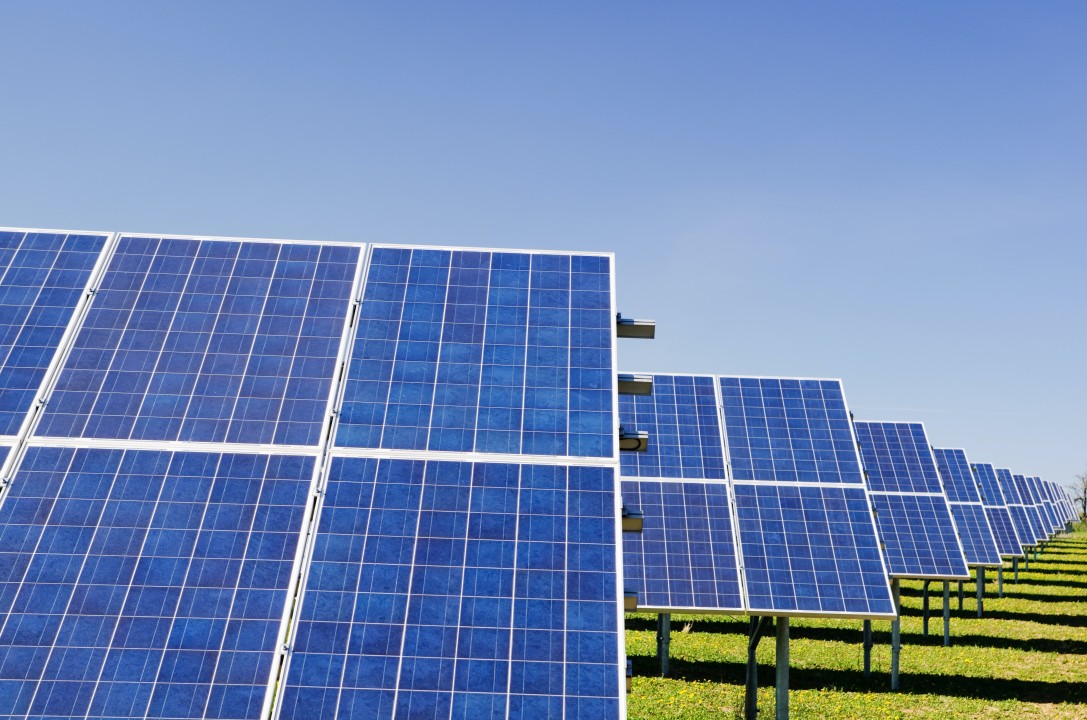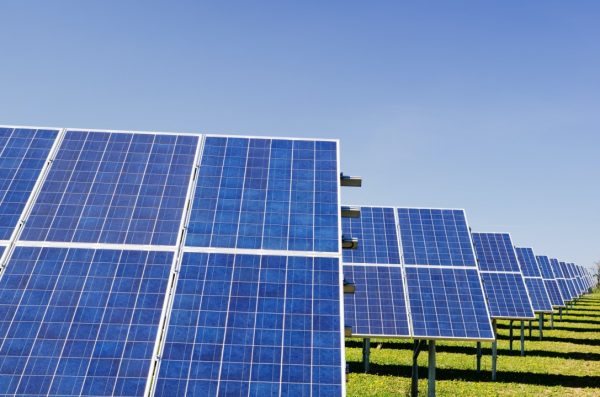Nigeria is blessed with vast renewable energy resources, such as solar, wind, and hydroelectric power, which offer immense potential for sustainable energy development. However, to ensure these resources are fully utilized, it is vital to understand consumer preferences and the factors that drive their adoption of renewable energy technologies. This article delves into the key influences on consumer choices in Nigeria, highlighting financial considerations, awareness and perception, infrastructural challenges, and the impact of policy.
Read more about Tech
Financial Considerations
One of the most significant barriers to the adoption of renewable energy technologies in Nigeria is the high Initial cost of systems such as solar panels and wind turbines. Many consumers face challenges in affording these technologies due to limited financing options and high interest rates. For instance, women-led micro and small enterprises (MSEs) in Nigeria have shown a willingness to embrace renewable energy but are constrained by inflexible payment systems and inadequate governmental support. Introducing innovative financial solutions, such as microfinance loans, Pay-As-You-Go systems, and community-based financing models, is essential for making renewable energy accessible to a broader audience.
Awareness and Perception
The level of public awareness and perception about renewable energy significantly affects its adoption. Research conducted on MSEs in Lagos State revealed that awareness plays a central role in consumers’ decision-making processes. However, misconceptions about the affordability and reliability of renewable energy technologies still exist, discouraging potential adopters. This highlights the need for comprehensive educational campaigns and awareness initiatives to inform consumers about the advantages of renewable energy and dispel any doubts about its feasibility and reliability. These efforts would help build confidence and trust in the market.
Sign up for the Connect Nigeria daily newsletter
Infrastructural Challenges
Nigeria’s energy infrastructure is heavily reliant on fossil fuels, with limited grid access in rural and remote areas. This creates significant obstacles to the adoption of renewable energy technologies. The integration of renewable energy into the national grid, particularly intermittent sources like solar and wind, requires substantial investment in infrastructure to ensure stability and reliability. For example, in many rural communities, the lack of appropriate distribution networks makes it difficult to implement solar mini-grids or wind energy solutions. Addressing these infrastructural challenges is crucial to meeting the energy needs of underserved populations and boosting renewable energy adoption.
Policy Implications
Government policies and regulatory frameworks play a pivotal role in shaping consumer preferences for renewable energy technologies. In Nigeria, inconsistent policies and the absence of attractive incentives, such as subsidies, tax breaks, or tariff reductions, have deterred investment and adoption. Consumers and stakeholders often face uncertainty due to a lack of clarity and support from government initiatives. Establishing clear and stable policies, alongside incentives to reduce the financial burden on adopters, is necessary to drive renewable energy adoption and encourage private-sector involvement).
Register to attend the CN Business Mixer
Conclusion
Consumer preferences for renewable energy technologies in Nigeria are influenced by a mix of financial, perceptual, infrastructural, and policy-related factors. To foster widespread adoption, targeted interventions are required in these areas. By implementing innovative financing solutions, raising awareness, upgrading energy infrastructure, and establishing consistent policies, Nigeria can unlock the full potential of its renewable energy resources. These efforts will not only enhance energy access but also support environmental sustainability and energy security, paving the way for a cleaner and more reliable energy future.
Got a suggestion? Contact us: [email protected]


